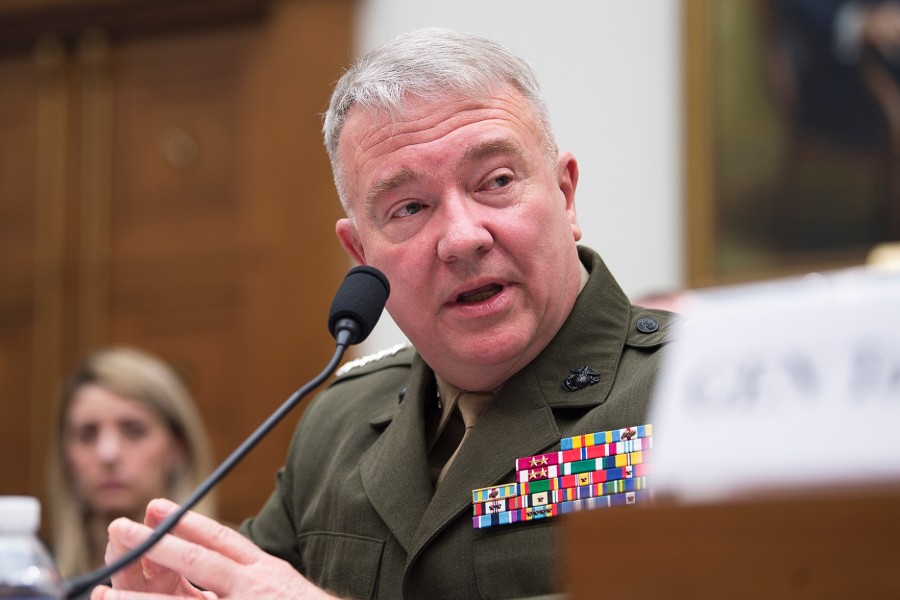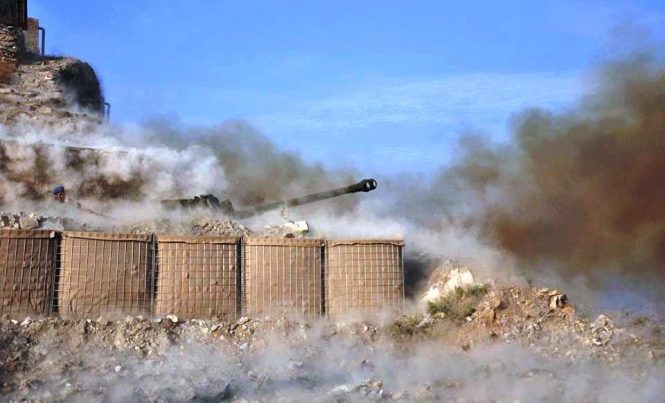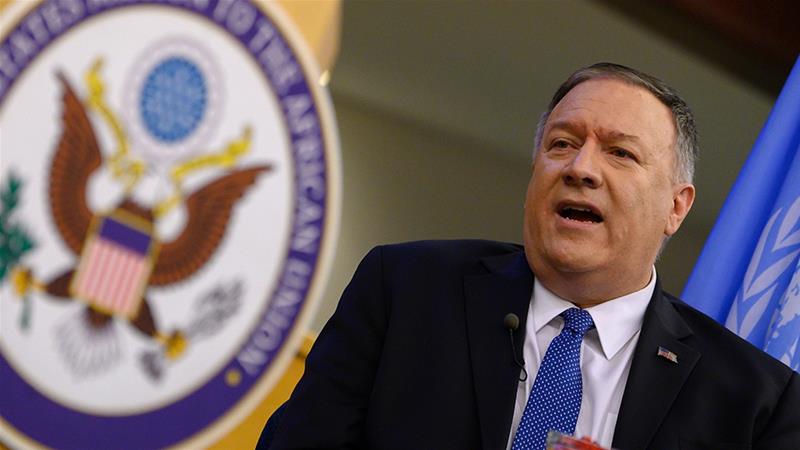Commander of U.S. Central Command Kenneth McKenzie said on Tuesday that Afghan Taliban had pushed back the ISIS militants in eastern Afghanistan with "very limited" support from the U.S. military.
Publish dateWednesday 11 March 2020 - 11:42
Story Code : 205272
"We've watched the Taliban compress and crush ISIS (the Islamic State) presence on the ground in southern Nangarhar," General McKenzie told the House Armed Services Committee, adding that the Taliban received "very limited" support from the U.S. military, without further elaboration.
McKenzie said during the hearing that he was confident of the Taliban's downward relations with the IS elements in the country but less confident about the Taliban's dealing with al-Qaeda.
"That's something that will have to be demonstrated that has not been demonstrated," he said.
The general also confirmed that the United States has begun reducing its military footprint in Afghanistan, saying that the U.S. military will reach its target of 8,600 troops deployed in the country by the middle of summer.
Meanwhile, he noted that there is no military plan to further reduce forces after reaching the initial target. "We have no plans beyond going to 8,600 right now," he said.
On Feb. 29, the U.S.-Taliban deal was inked in Doha, Qatar while Kabul and Washington also issued a joint declaration on the same day in Kabul.
Under the agreements, the United States would reduce its forces in Afghanistan to 8,600 within 135 days and all the U.S.-led coalition forces would return home within 14 months from Afghanistan if the Taliban meet the conditions envisaged in the agreement, including severing ties with terrorist groups such as the IS and al-Qaeda network.
Around 16,000 foreign troops, including about 13,000 U.S. forces, have remained in Afghanistan to train and assist local security forces in their fight against the insurgents.
McKenzie said during the hearing that he was confident of the Taliban's downward relations with the IS elements in the country but less confident about the Taliban's dealing with al-Qaeda.
"That's something that will have to be demonstrated that has not been demonstrated," he said.
The general also confirmed that the United States has begun reducing its military footprint in Afghanistan, saying that the U.S. military will reach its target of 8,600 troops deployed in the country by the middle of summer.
Meanwhile, he noted that there is no military plan to further reduce forces after reaching the initial target. "We have no plans beyond going to 8,600 right now," he said.
On Feb. 29, the U.S.-Taliban deal was inked in Doha, Qatar while Kabul and Washington also issued a joint declaration on the same day in Kabul.
Under the agreements, the United States would reduce its forces in Afghanistan to 8,600 within 135 days and all the U.S.-led coalition forces would return home within 14 months from Afghanistan if the Taliban meet the conditions envisaged in the agreement, including severing ties with terrorist groups such as the IS and al-Qaeda network.
Around 16,000 foreign troops, including about 13,000 U.S. forces, have remained in Afghanistan to train and assist local security forces in their fight against the insurgents.
avapress.net/vdchqmnii23nvid.01t2.html
Tags
Top hits












